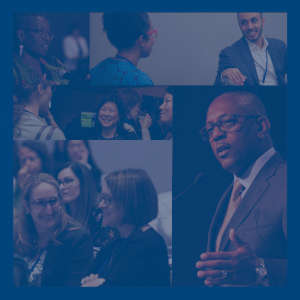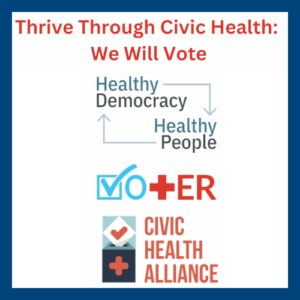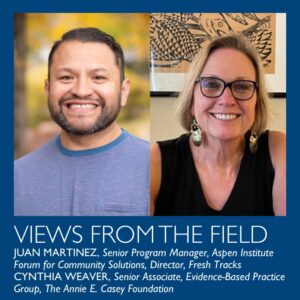Exploring the Tides Foundation’s Efforts to Support Civic Engagement and Protect Reproductive Health
Funders can play a major role in promoting a healthy democracy, and increasingly, grantmakers like the Tides Foundation are investing in civic engagement. To learn more about Tides’ work in this area, along with their support of ballot initiatives on reproductive health, Grantmakers In Health’s Miranda Wesley spoke with the Tides Foundation’s Program Officer of Civic Engagement and Democracy, Beth Huang.
Opportunities to Engage on the 2024 Reauthorization of the Older Americans Act
First signed into law in 1965, the Older Americans Act (OAA) provides critical services that address the social drivers of health for older adults such as nutrition, transportation, senior centers, elder rights protections, caregiver support, and health promotion. If the OAA is not reauthorized, it is set to expire on September 30, 2024. Grantmakers In…
GIH Signs Organizational Commitment to Thrive Through Civic Health Initiative
GIH has signed an organizational commitment to the Thrive through Civic Health: We Will Vote initiative. The focus of the Initiative is to implement a health sector strategy to build awareness, commitment, and momentum and increase voter participation of health sector workers.
Philanthropy’s Impact on Health Care Systems: Supporting the Creation of a Community-Health Worker-Based Chronic Care Management Model in Appalachia
Guided by its mission of “helping people help themselves,” the Claude Worthington Benedum Foundation strategically invests in the creative problem-solving activities of local communities and individuals. For the past decade, the Benedum Foundation has accomplished this mission in its support of a particular health care delivery model: efficient chronic disease management through a medical model leveraging the skills of community health workers in Appalachia. This model provides unique patient care, has shown success for improving the health conditions of a target population, and reduced health care costs—accomplishments that align with the Institute of Health Improvement’s Triple Aim framework.
Engaging Youth to Guide Research on Their Own Well-Being
In 2019, the Annie E. Casey Foundation’s Equity and Inclusion unit hosted a convening with young people from Black, Latinx, and American Indian/Alaska Native (AIAN) cultural affinity groups, along with adults who support the work and leadership of these youth and young adults. The young participants, many of whom were from the Aspen Institute’s Fresh Tracks program, expressed the need for young leaders to be the ones defining youth well-being and finding solutions that help their own communities support the well-being of young people.
A Compass of Indispensable Leadership Attributes to Guide Health Philanthropy
Trends in leadership are changing—just take the Terrance Keenan Institute as an example. When the program started in 2010, it focused on general leadership tactics with topics that ranged from leveraging resources and building partnerships to board dynamics. Since then, the Institute’s curriculum has moved towards a recognition that leaders possess individual strengths that can be embraced to make our organizations and the broader field of health philanthropy more effective.









